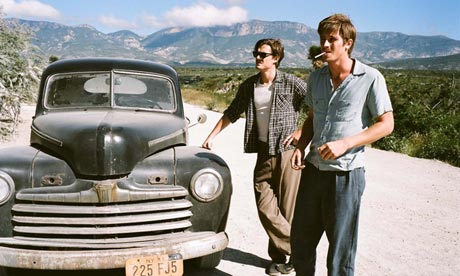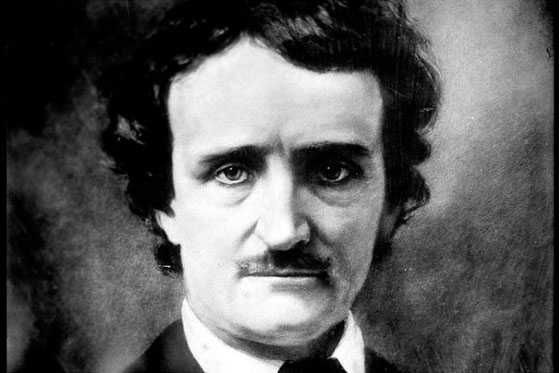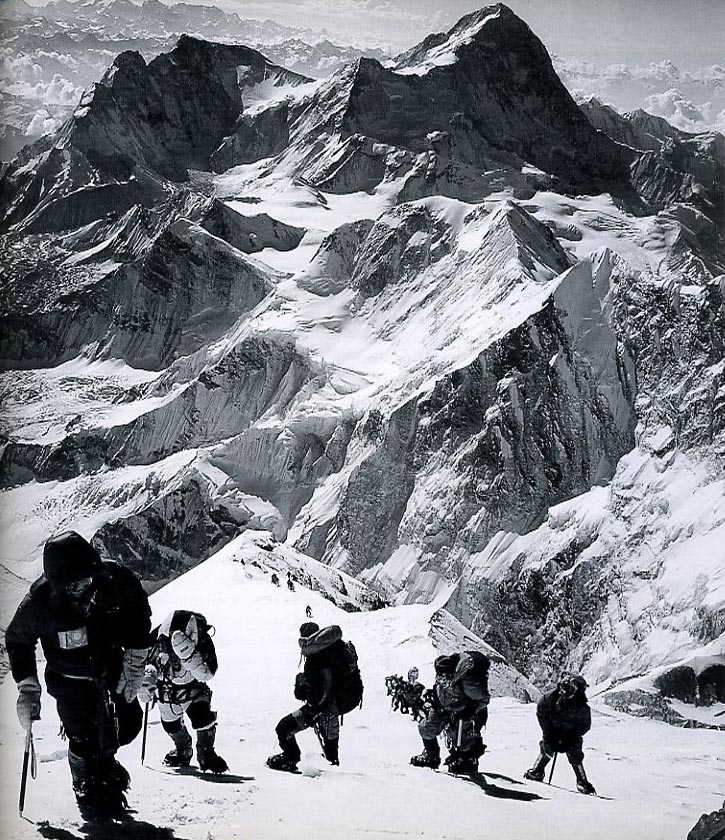In
an ideal world, I’d have a babysitter all lined up for tonight so that Mrs.
DeMarest and I could go catch the long-awaited movie version of On the Road . Alas, I don’t. And even if
I did, the last movie we saw together was Skyfall, which means we’d probably have
to veer back to the chick flick side of the spectrum on our next outing. So I
may not get to see another literary adaptation this holiday season.
Now,
I did see Life of Pi, but since I’d never read the book, I can’t judge it on
adaptation merits. (Although the opening credits alone are worth your time-
that is one good-looking picture.) Baz Luhrmann’s Great Gatsby was supposed to
be a Christmas time release, but it got bumped to next summer, unfortunately.
And I’m not exactly dying to see Les Miserables- I’ve never read the
book or seen the stage version, and who are we kidding, Susan Boyle has ruined
all other “I Dreamed a Dream” renditions for me, so watching a shaggy-headed
Anne Hathaway belt it out isn’t going to cut muster. As for a singing Russell
Crowe… I’m not sure I’ll ever be up to that (I’m picturing something slightly
worse than Pierce Brosnan’s effort in Mamma Mia.)
That’s
all a very long way of saying that I have really, really been looking forward
to On the Road since I read the book for the first time this past summer. And I’m
bummed that I probably won’t see it until it pops up at my local grocery store’s
Redbox. Ah well… If you happen to have better luck, fellow movie-goer, or even
if you don’t, let us whet your appetite with an On the Road roundup. Here is a smattered
assortment of posts we’ve done on Kerouac’s rambling American masterpiece:
- There’s Kerouac in his own words.
- The follow-up post, documenting the Kerouac-Seuss connection.
- Myreview of the book that too many people hate.
- The map of Kerouac’s wanderings.
- A couple posts on his writing style, and how you can do it, too.
- A Kerouac look-alike.
- A medical diagnosis based on literary evidence.
- Some bookish nerd bait from the book.
- And of course, talk like a beat day.











